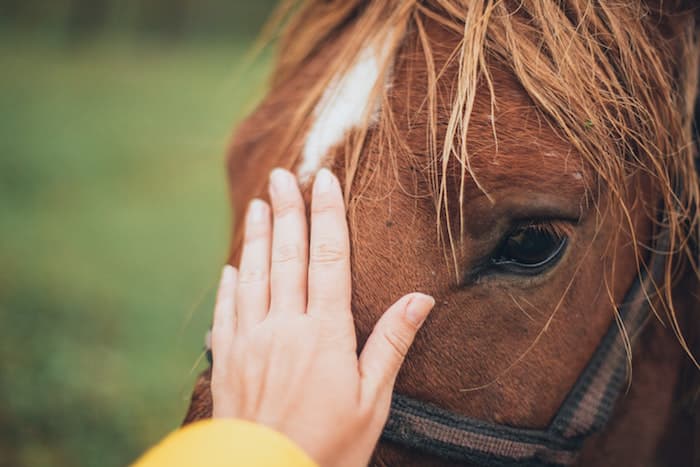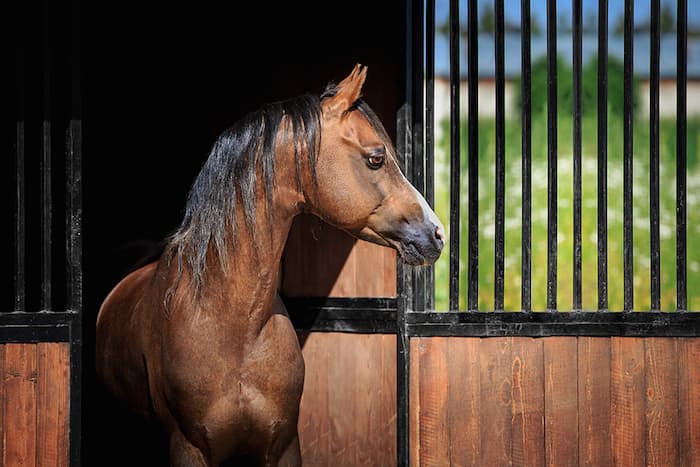Before a horse takes its first bite of food, it’ll dream of eating. Its muscles and bones get every last drop of nutrition from its mother’s milk. As soon as a foal starts to nibble on hay or grain, equine dreams start to take shape.
Owning a horse includes how to care for them with feeding tips. It’s essential to learn about ways to take care of these big, beautiful beasts before you enter your first open horse show arena.

If you’re hungry for all things horse, keep reading!
1. Selecting the Right Forage and Feed
It’s important not to suddenly change their feed as it may cause digestive upset. Horses require quality forage, such as hay or grass, along with a well-balanced feed to meet their nutritional requirements.
Quality hay should be free of dust and mold, with a pleasant smell and fresh color. They should have access to clean water at all times, and the quantity of feed should increase or decrease depending on the horse’s activity levels.
2. Feeding Considerations for Different Horse Ages
Horses of different ages have different nutritional needs. Foals under the age of one are considered growing horses and require higher levels of nutrient-dense feed, such as whole grains and concentrates. Yearlings, or horses 1-2 years of age, require nutritional feed that provides optimal growth and development.
Once the horse becomes an adult, typically 3-10 years of age, their diet should shift from growth to maintenance feed. Senior horses need to be fed feed formulated specifically for easy digestion with lower levels of carbohydrates and higher levels of fiber.
3. Create a Nutritional Feeding Plan
Horses benefit from a balanced diet, and the best way to ensure that is by consulting with an equine nutritionist. Horses require fiber and good-quality hay in addition to proper mineral and vitamin supplementation. Some horses may need a special diet due to health or metabolic issues.
Horses should be given multiple small meals throughout the day instead of just one big meal. Variety in the diet is important, so different types of hay, grains, and supplements should be offered. Feeding times should be the same each day to avoid stressing the horse.

4. Identifying Nutritional Deficiencies and Feeding Solutions
Look for things such as dull or dry coats, abnormal hoof growth, and changes in behavior. Once you identify the deficiency, feed the horse according to its needs. If the cause is poor-quality hay, supplement its diet with high-quality grass hay.
If the horse is overweight, reduce grain-based feed and provide plenty of hay and roughage. For horses that are lacking in key minerals such as calcium, phosphorus, and magnesium, seek professional help in identifying a balanced ratio. Work with a veterinarian or an equine nutritionist and choose appropriate horse brushes.
5. Managing Unhealthy Weight in Horses
Depending on the individual horse, managing an unhealthy weight in horses can be a tricky and time-consuming process. Some strategies include developing a nutrition plan and keeping detailed records of the horse’s weight.
Providing free access to hay is recommended over feeding just hay cubes to decrease sugar intake. Adding fat supplements can help provide essential fatty acids without extra calories.
Learn Horse Feeding Tips Today
Not all horses have the same dietary needs. A proper diet, as well as the right combination of hay, fresh grass, and grain, are essential for horse health.
With this in mind, it is important to consult a professional for specialized feeding tips best suited for your horse.
Did you find this article helpful? Check out the rest of our blogs!
Related Reading
